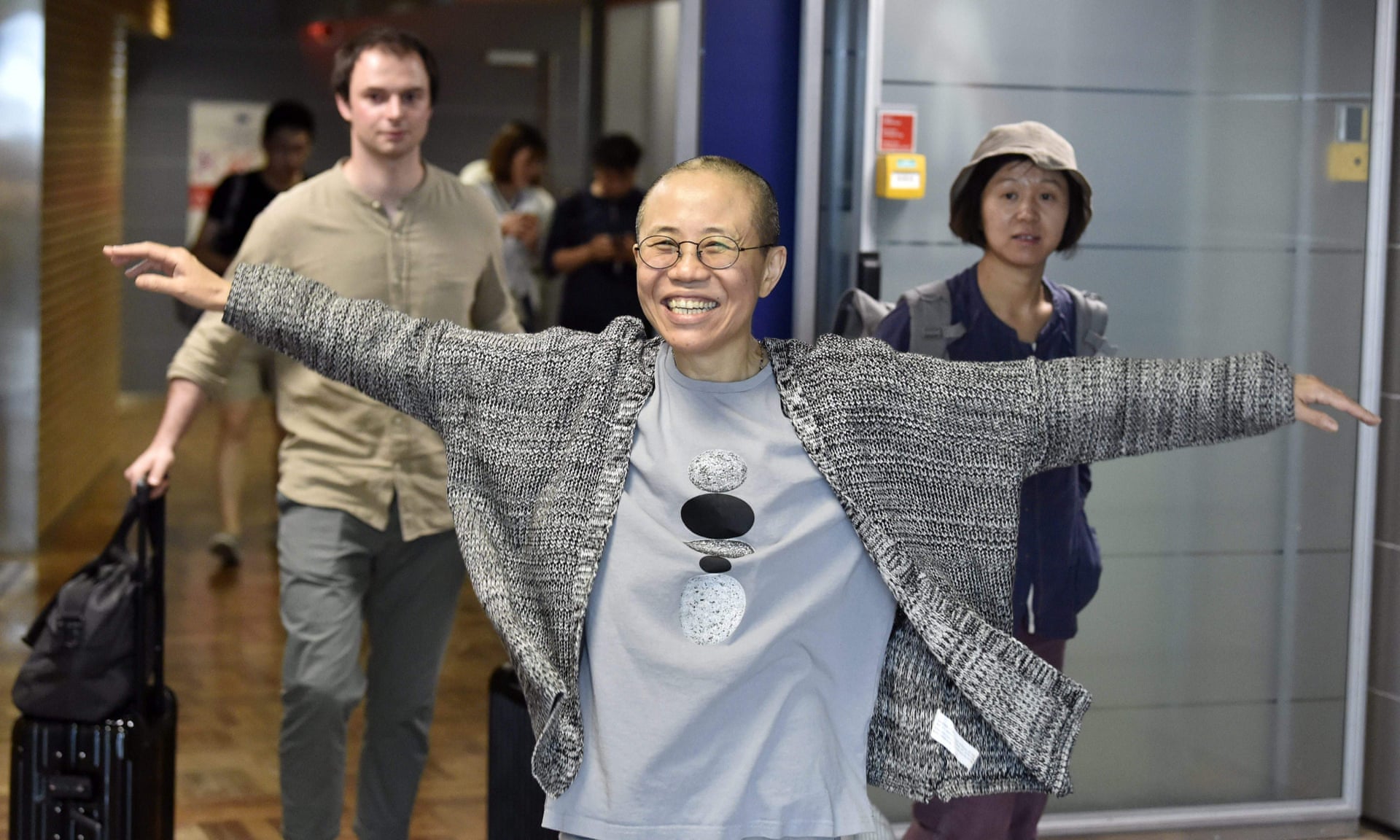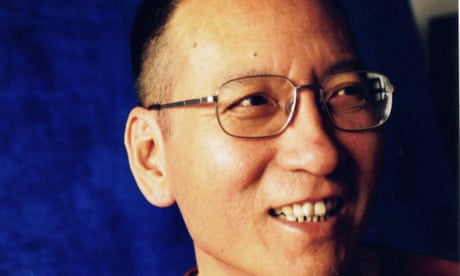By Melissa Eddy

The Chinese Embassy in Berlin. A spokesman for Germany’s federal prosecutor said the Chinese intelligence service was involved in the inquiry.
BERLIN — German authorities raided the homes and offices of three people suspected of spying for the Chinese government, officials said on Thursday, giving no details about their identities or the nature of the alleged espionage.
“This is a preliminary investigation against three known persons,” said Markus Schmitt, a spokesman for the German federal prosecutor, Peter Frank.
None of the three have been arrested, he said.
The raid comes amid an intensifying debate in Berlin over the country’s relationship with Huawei, the Chinese technology giant used for espionage by Beijing.
On Thursday, Angela Merkel met with senior lawmakers in her party as part of continuing efforts to resolve a dispute over whether to allow Huawei to help build the country’s 5G next-generation mobile network.
Germany has been concerned about the threat posed by Chinese hackers seeking to steal information from the country’s companies, research facilities and ministries.
The raid comes amid an intensifying debate in Berlin over the country’s relationship with Huawei, the Chinese technology giant used for espionage by Beijing.
On Thursday, Angela Merkel met with senior lawmakers in her party as part of continuing efforts to resolve a dispute over whether to allow Huawei to help build the country’s 5G next-generation mobile network.
Germany has been concerned about the threat posed by Chinese hackers seeking to steal information from the country’s companies, research facilities and ministries.
But if sufficient evidence is found in the current case, it would be one of the first in years involving old-fashioned human espionage.
German officials were sifting through evidence gathered in the raids, which were carried out early Wednesday on nine homes and offices in Brussels and Berlin, as well as in the German states of Baden-Württemberg and Bavaria, Mr. Schmitt said.
The Chinese intelligence service is also involved in the inquiry, Mr. Schmitt said.
The German newsmagazine Der Spiegel, which first reported the raids, said that the three people targeted were suspected of passing private and social information to China’s ministry of state security.
Der Spiegel said that one of the three was a German national who had worked as a diplomat for the European Union until 2017, when he switched to a well-known consulting company.
German officials were sifting through evidence gathered in the raids, which were carried out early Wednesday on nine homes and offices in Brussels and Berlin, as well as in the German states of Baden-Württemberg and Bavaria, Mr. Schmitt said.
The Chinese intelligence service is also involved in the inquiry, Mr. Schmitt said.
The German newsmagazine Der Spiegel, which first reported the raids, said that the three people targeted were suspected of passing private and social information to China’s ministry of state security.
Der Spiegel said that one of the three was a German national who had worked as a diplomat for the European Union until 2017, when he switched to a well-known consulting company.
The other two work for a different consulting company, the report said.
Although some of the searched properties are in Brussels, a spokeswoman for the Brussels-based European Commission said on Thursday that none of its premises had been searched.
Although some of the searched properties are in Brussels, a spokeswoman for the Brussels-based European Commission said on Thursday that none of its premises had been searched.
She also said it had not received any requests to work with the German authorities or to hand over any evidence.
“No searches were conducted in the premises of our buildings, we haven’t been contacted by the German authorities,” said the spokeswoman, Virginie Battu-Henriksson.
European Union diplomats are normally senior envoys from their own member states who join the bloc’s diplomatic ranks.
“No searches were conducted in the premises of our buildings, we haven’t been contacted by the German authorities,” said the spokeswoman, Virginie Battu-Henriksson.
European Union diplomats are normally senior envoys from their own member states who join the bloc’s diplomatic ranks.
Many go on to join lobby firms or think tanks after retirement.
If proven that the suspect was indeed spying for China, it would be a first for the bloc’s foreign policy branch.
China is one of Germany’s most important trading partners, and the two countries collaborate on international issues like climate change and hold regular government-level discussions.
But the relationship has come under scrutiny since the Chinese acquired several German technology companies in 2016.
China is one of Germany’s most important trading partners, and the two countries collaborate on international issues like climate change and hold regular government-level discussions.
But the relationship has come under scrutiny since the Chinese acquired several German technology companies in 2016.
The next year, Germany’s domestic intelligence agency accused China of using LinkedIn and other social media sites to infiltrate the government in Berlin.
A year ago, Poland arrested two people, including a Chinese employee of Huawei, and charged them with spying for Beijing.
A year ago, Poland arrested two people, including a Chinese employee of Huawei, and charged them with spying for Beijing.






